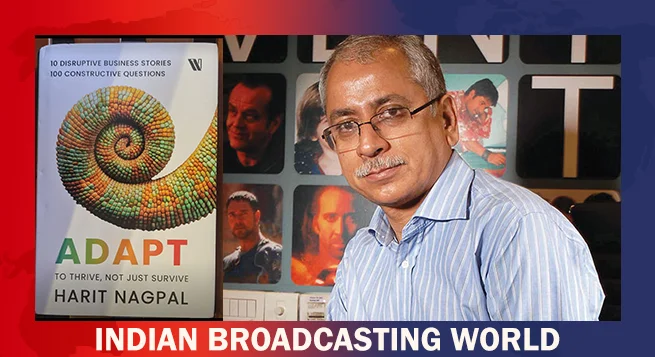Like trains didn’t go out of fashion even after a hundred years of airlines in operation, television is here to stay and co-exist with OTT, according to Tata Play MD and CEO Harit Nagpal.
Commenting on the debate on whether streaming services on devices could sound the death knell for television, Nagpal, in an interview to PTI, said there will always be a segment of customers opting for TV in India.
“There are people who own private planes, have commercial airlines gone out of business? No! Airlines business has been around… have trains and buses gone out of fashion? No!
“Of the 300 million Indian homes, 140 million are yet to buy their first TV… So, it doesn’t mean that if OTT has come, TV will go. They will co-exist,” said Nagpal, who is out with his debut book, ‘Adapt: To Thrive, Not Just Survive’.
Admitting that there is a segment of people who have moved from TV to OTT, the 62-year-old here talked about recognizing the other available segments, like those who till now could not save enough money to buy a TV.
According to Nagpal, every time a new technology comes in and makes itself available for a particular segment of customers, there is a segment — that has always been there — that can only afford the older technology.
“Now, if you say they’ll bypass television and go straight to the mobile, but where will they afford the cost of the broadband and the content both. It is like saying ‘If they can’t eat the bread, why can’t they eat the cake’,” he added, according to the PTI report.
There are still about “110 million paying television customers” in this country, who are paying no less than Rs 300 a month (as subscription fee for a service).
“And the number is not dropping,” Nagpal, who has co-authored a case study on the subject of disruption, which is now part of the curriculum at the London Business School, added.
His debut book, containing a collection of 10 stories set in different countries, investigates the idea of adaptation, which, he said, was the one thing every business needs if it wishes to evolve.
“What stories do is open your mind to reading. If it is a preachy book nobody would read it, if it is a story book, people will read it for fiction, and in the process some learning also seeps in and settles in your mind somewhere. So that was my reason for going for a fictionalised version of the facts that I wanted to talk about,” he said.
The book is available for purchase across online and offline stores.
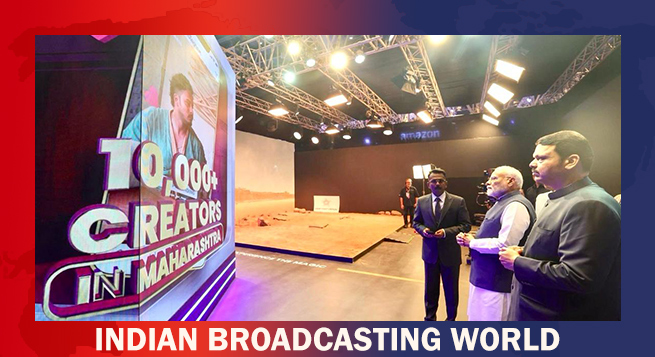 MIB to unveil M&E sector statistical handbook today at WAVES
MIB to unveil M&E sector statistical handbook today at WAVES 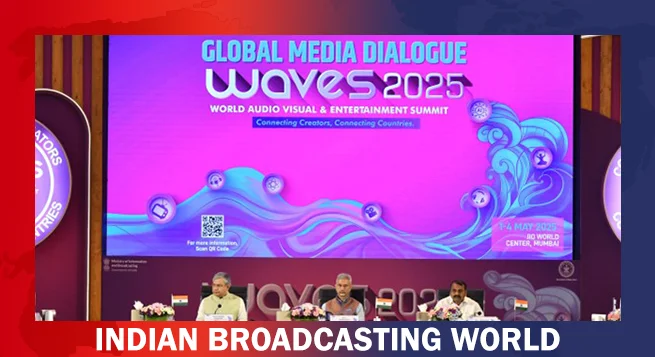 WAVES 2025: Media dialogue backs creativity, heritage & ethics in AI Era
WAVES 2025: Media dialogue backs creativity, heritage & ethics in AI Era 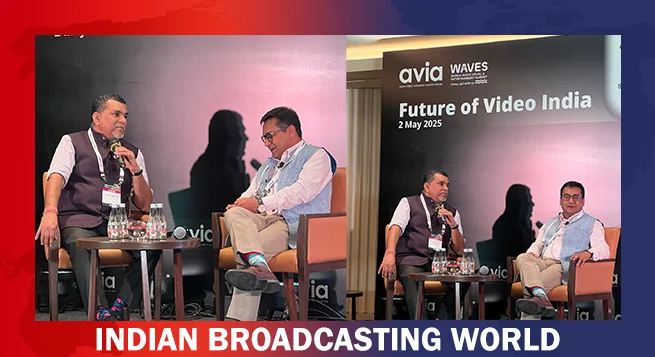 Pay TV leaders chart course for India’s linear TV in digital age
Pay TV leaders chart course for India’s linear TV in digital age 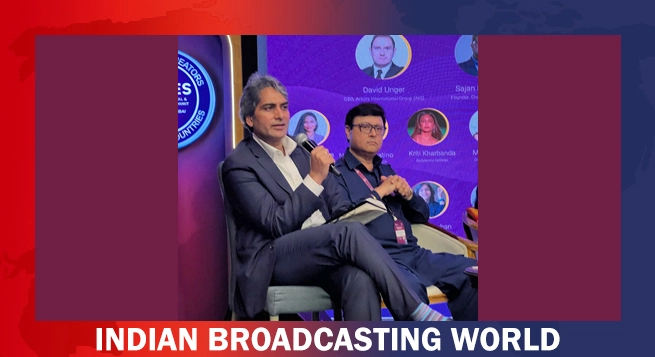 Sudhir Chaudhary announces new show for DD News, says “Good content still has a place” at WAVES 2025
Sudhir Chaudhary announces new show for DD News, says “Good content still has a place” at WAVES 2025 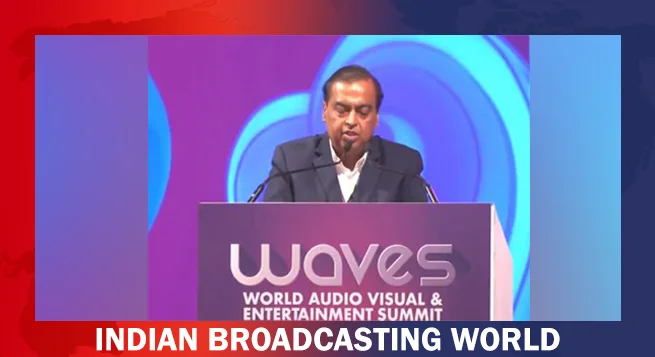 India can lead global entertainment revolution: Mukesh Ambani
India can lead global entertainment revolution: Mukesh Ambani 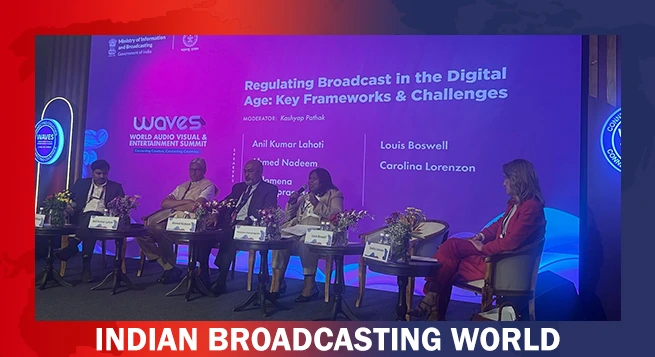 TRAI chief not in favour of separate rules for OTT, legacy b’casters
TRAI chief not in favour of separate rules for OTT, legacy b’casters  NBF issues advisory to member news channels on Pak guests
NBF issues advisory to member news channels on Pak guests 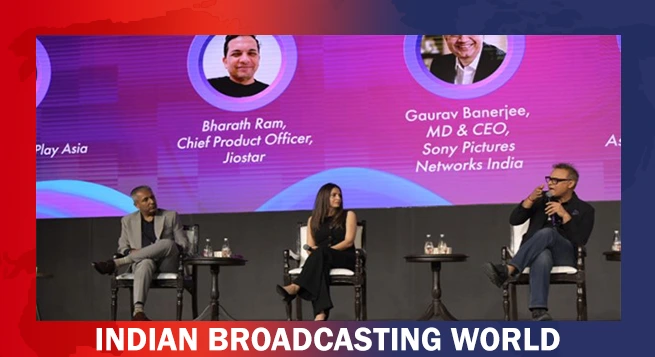 Of OTT revolution, interactivity, AI & unexplored India
Of OTT revolution, interactivity, AI & unexplored India 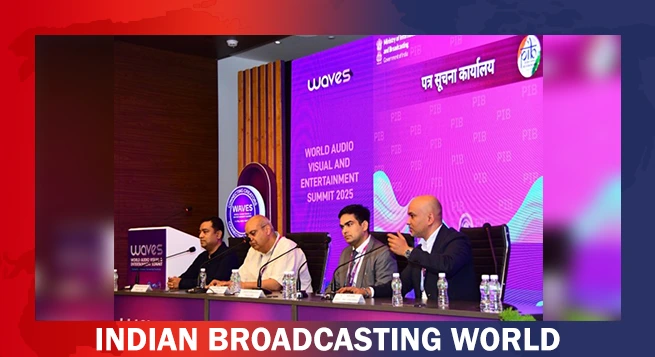 WAVEX ’25 highlights investment potential of M&E startups
WAVEX ’25 highlights investment potential of M&E startups 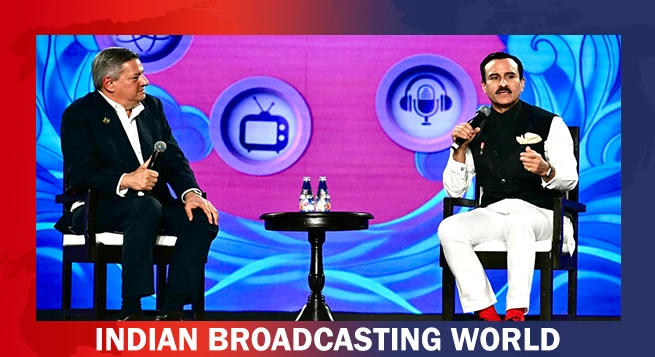 Ted Sarandos: Netflix investments in India equals $2+ bn in economic impact
Ted Sarandos: Netflix investments in India equals $2+ bn in economic impact 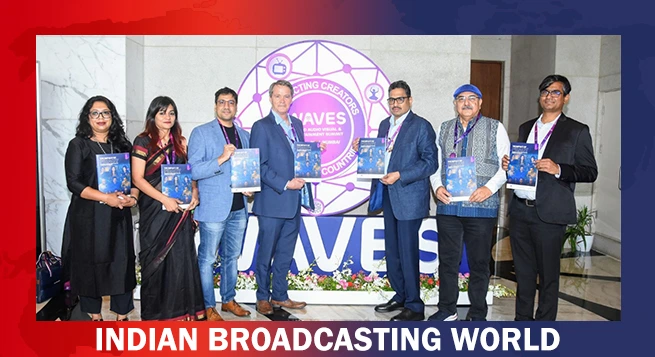 Unless tackled, piracy to cost India digital video sector $2.4bn by ’29
Unless tackled, piracy to cost India digital video sector $2.4bn by ’29 


